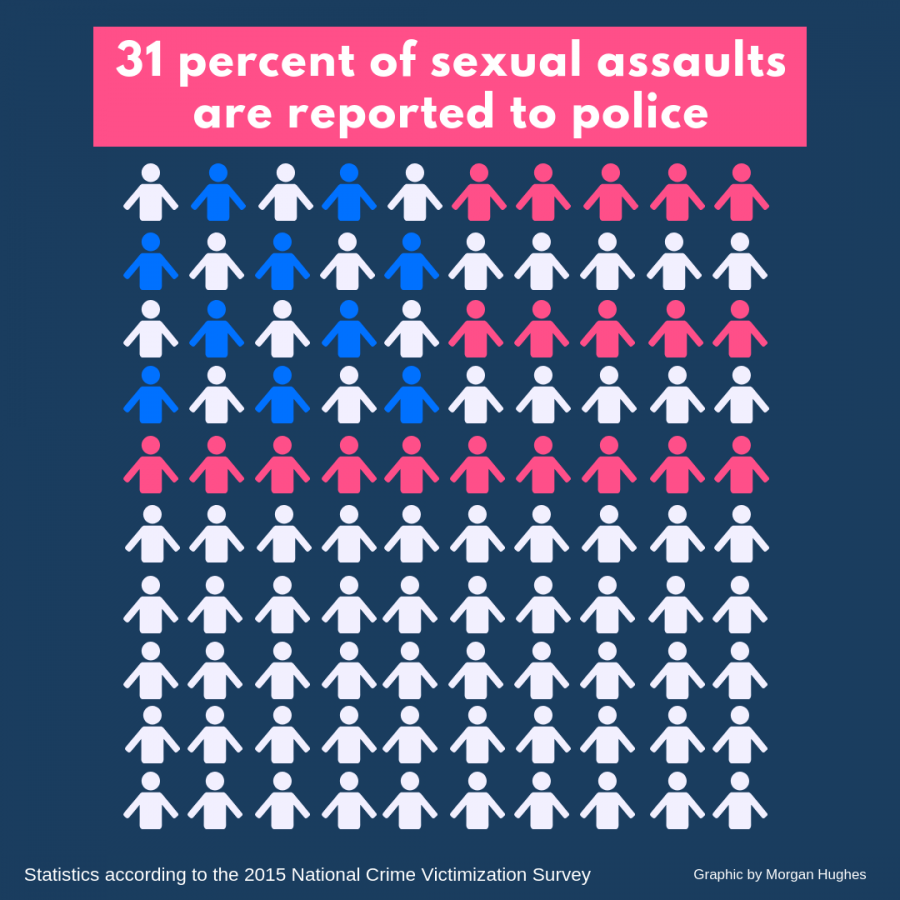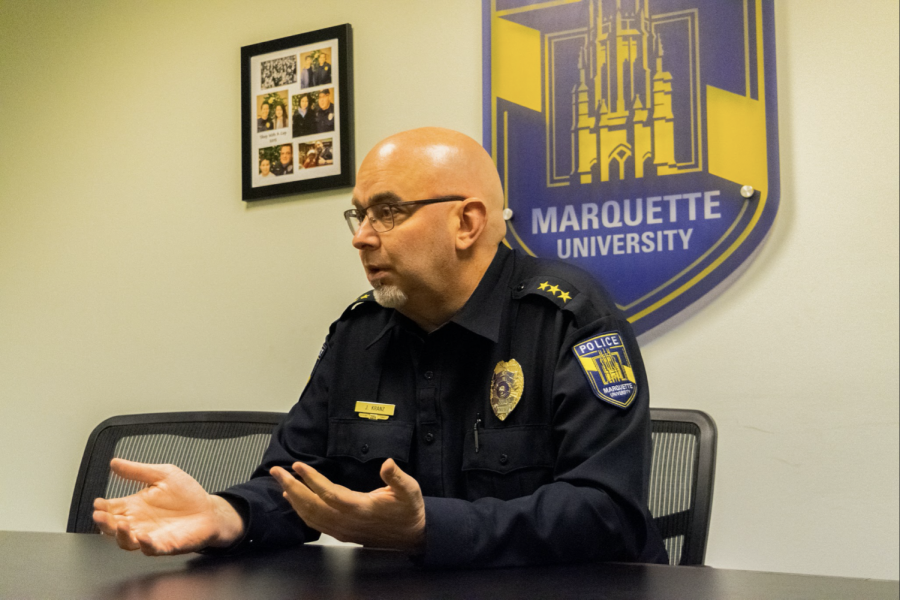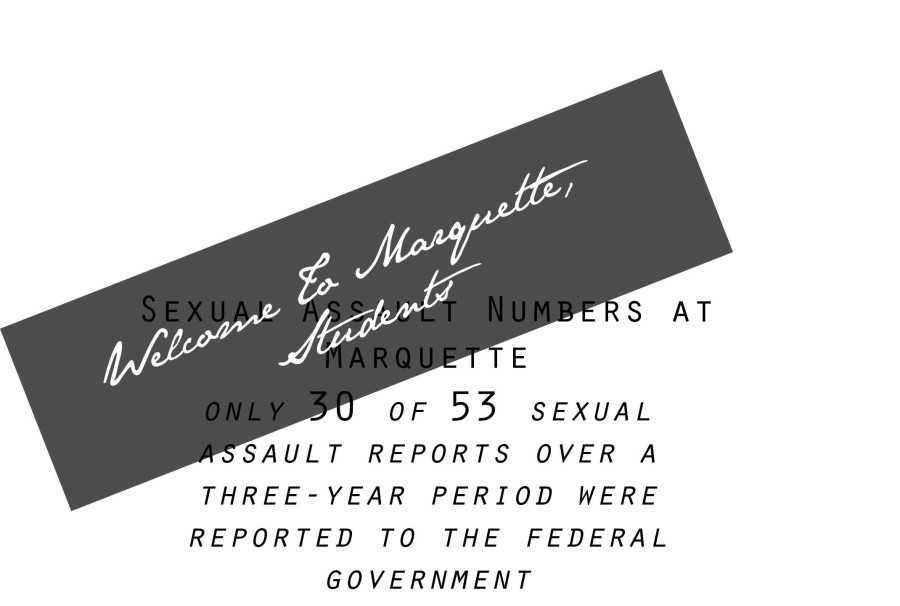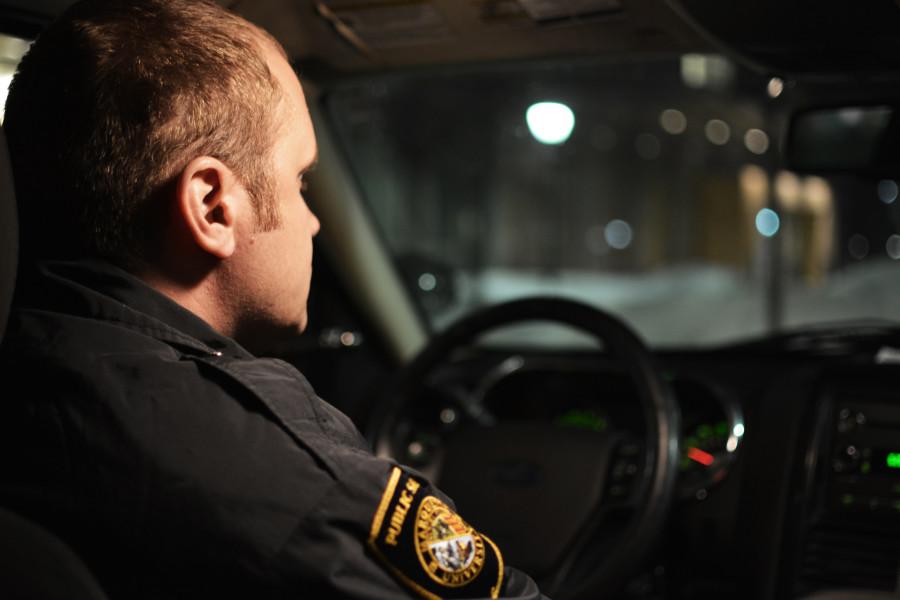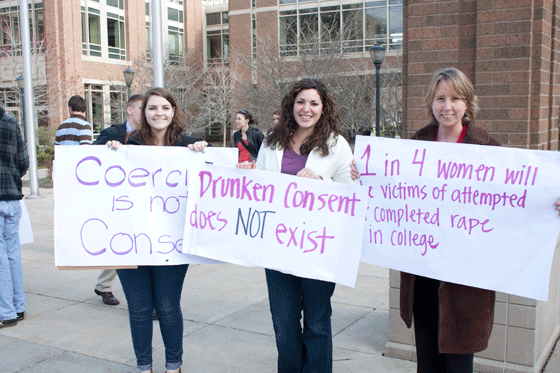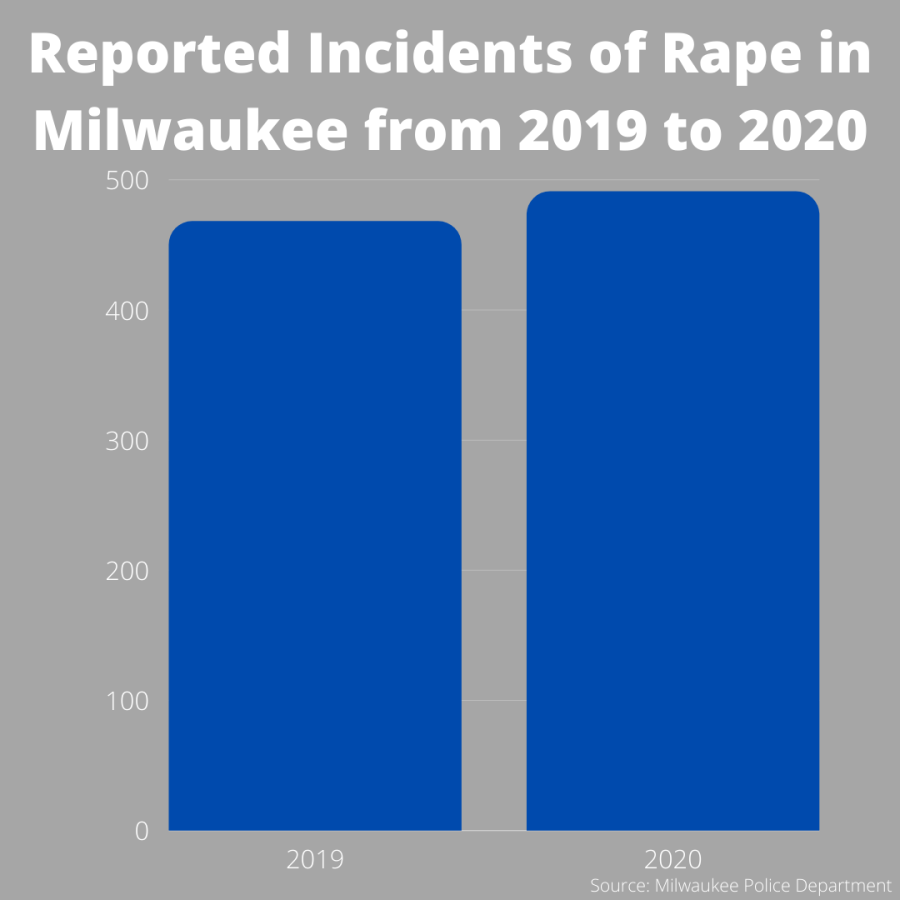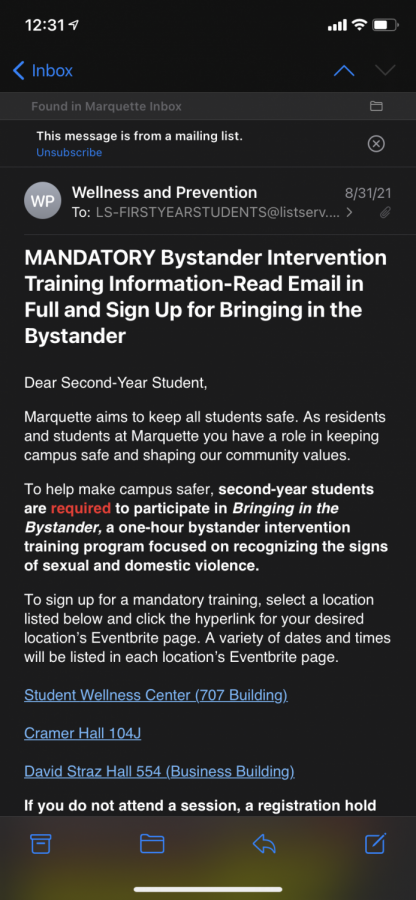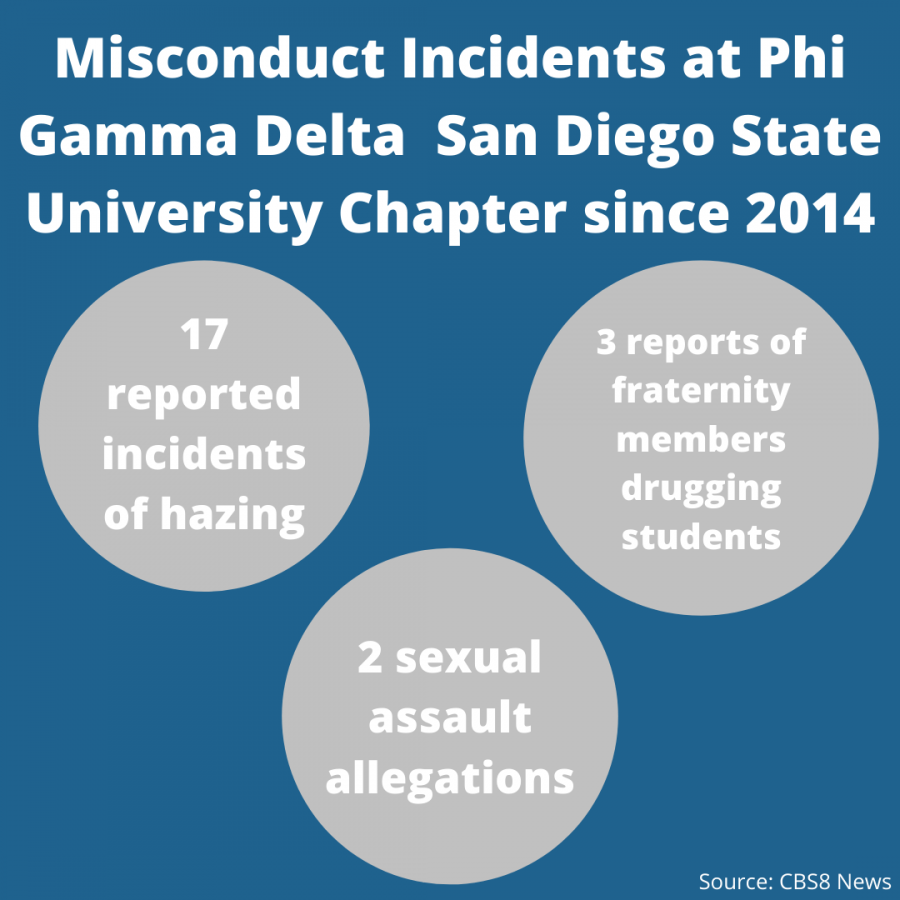Content warning: This article mentions issues surrounding sexual assault and other forms of sexual violence.
This article is part of a series called “Sexual Assault on campus.” This series aims to provide insight into sexual assault that occurs on college campuses.
Marquette University’s annual safety report showed that in 2021 six rapes occurred in residence halls, though experts say these numbers do not always indicate the extent of sexual assault on campus.
“I would never use the Marquette crime statistics to show what is actually happening on campus when it comes to sexual violence,” Heather Hlvaka, associate professor of criminology and law studies and a victim advocate.
Marquette has victim advocates that are available 24/7 and provide support for students who have been sexually assaulted. Hlavka isn’t the only victim advocate that attests to the unreliability of these statistics, both at Marquette and at other institutions.
“I’ve been on campuses where year after year after year, it’s zero. That doesn’t mean that sexual violence isn’t happening on campus,” Josy Jesup-Anger, professor of higher education and student affairs in higher education program coordinator, said.
One reason for the unreliability of these types of reports is that rape tends to be one of the most underreported crimes. Another factor that comes into play when considering rape data from MUPD’s annual safety report is the “Clery-reportability” of the assault.
As part of The Clery Act, universities must compile an annual safety report that includes fire and safety data, such as MUPD’s annual safety report. The annual report must also include data from the past three calendar years and be made publicly available to all employees and students. The Clery report doesn’t always include every rape that Marquette has been informed of.
For a rape case to be “Clery-reportable” it must take place within Clery geography. This includes all on-campus buildings, any public property within the campus area and noncampus properties.
Noncampus properties can either be a building owned by a student organization that is recognized by the institution (such as a sorority or fraternity house) or a university-owned building that is not used for a school’s educational mission and is outside the general campus area.
Though the rape of a student might not take place within Clery geography, it doesn’t always mean that the university won’t take any action. The Title IX process can sometimes still be enacted even if a rape isn’t Clery reportable.
“If it was an off-campus housing situation that’s, you know, several blocks away from Marquette, then it’s not Clery reportable, but it still comes to us. We still handle it, but it’s not reported (in the Clery report),” Kristen Kreple, Marquette’s Title IX coordinator, said.
Clery reports include all reports of rape that were reported to campus security personnel, such as MUPD, and any violations of laws caught by residence life staff.
There are also other avenues for Marquette students to report instances of rape that would not show up in the Clery report.
Marquette’s victim advocates are completely confidential. This means the advocate would not have to report if a student disclosed that they had been raped.
“We think that was a very, very good thing, because the advocates that work in the network wanted to be confidential. For students, it is best practice to allow survivors to choose what they want to do,” Hlvaka said.
The same rules often apply to any rape that is disclosed in the counseling center. Additionally, any priest or pastor acting in their clerical role is exempt from having to report.
Other university personnel, such as professors or resident assistants are required to report if a student tells them they’ve been sexually assaulted.
While some might think that lower numbers of reported rapes on a Clery report is a good thing, Jesup-Anger said that’s not always the case.
“Oftentimes, a higher number means that support services on campus are working and that students feel like they are able to move forward and talk to folks about what happened to them,” Jesup-Anger said. “And I worry much more about the campuses that have zero because what that tells me is that (the university is) not connected to their students.”
This story was written by Megan Woolard. She can be reached at megan.woolard@marquette.edu or on Twitter @MeganWoolard4


